An impending visit by Australia's Prime Minister Anthony Albanese to China is likely to help improve the relationship between the two countries and promote more collaboration, an expert says.
Albanese is expected to be in the country from Nov 4 to 7, when he will attend the sixth China International Import Expo in Shanghai, China's Ministry of Foreign Affairs said.
It will be the first visit to China by an Australian prime minister since 2016.
Improving ties with China has been a top priority for Albanese since he took office last year, said Chen Hong, director of the Australian Studies Center at East China Normal University in Shanghai. Australia has adopted a stance on China closely mirroring that of the United States on many issues, Chen said.
Albanese's visit would serve as a boost for the China-Australia relationship, said Chen, who described the trip as "ice-breaking", both economically and politically.
On Oct 22 Albanese said it is in Australia's best interest to have good relations with China. "I look forward to visiting China, an important step toward ensuring a stable and productive relationship," he said.
This year marks the 50th anniversary of the historic visit to China by the then-prime minister, Gough Whitlam, in 1973. "Whitlam's historic visit laid the groundwork for the diplomatic, economic and cultural ties that continue to benefit our countries today," Albanese said.
Trade and investment are the bedrock of the bilateral relationship, Chen said, China being Australia's largest trading partner in goods and services.
Trade in goods between the two countries was worth $220 billion last year, according to China's Ministry of Commerce.
The value of China's trade with Australia rose 19.8 percent year-on-year in the first quarter of this year, with exports to Australia rising 19.3 percent and imports from Australia rising 20 percent, according to China's customs data.
"In recent years the two countries have been dedicated to solving trade disputes within the framework of the World Trade Organization," Chen said.
When Albanese's visit was announced, China's Ministry of Commerce said the two countries had agreed to settle a dispute over wine as well as a dispute over Australian duties on Chinese wind towers.
'Conducive attitude'
"This development aligns with the conducive attitude exhibited by both China and Australia, signaling a willingness to resolve problems and improve economic ties, which creates a favorable condition for political interaction between the two nations," Chen said.
Relations between the two countries had reached a low point, he said, with high-level dialogue being halted since 2016 because of the previous Australian government's adversarial stance toward China.
In 2021 Australia entered a partnership with the United Kingdom and the U.S. known as AUKUS relating to the supply of nuclear-powered submarines. It was already a member of security partnerships and alliances such as the Quad and the Five Eyes involving the U.S. and other countries.
"These cooperation mechanisms, pursued by the previous Australian administration and its Western allies, are targeted at encircling China, which in turn has boomeranged to damage Australia's own interests," Chen said. "Since Albanese won the election he has taken a conducive and proactive attitude toward China."
Albanese was in the U.S. last week, and by announcing his trip to China beforehand he showed he was keen to manage a balance between China and the U.S. to protect Australia's interests, Chen said.
Australia should be more open and rational in handling its relationship with China, Chen said, and as a major country in the Asia-Pacific region, it should give priority to maintaining a positive relationship with China. "Seeking common ground while respecting differences is key to the continued success of the China-Australia relationship."








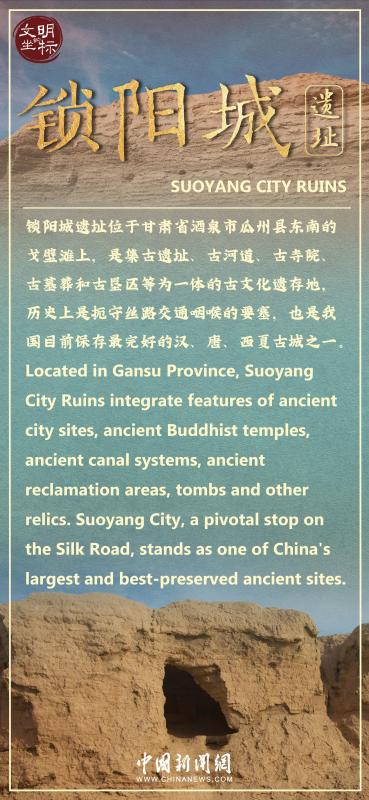
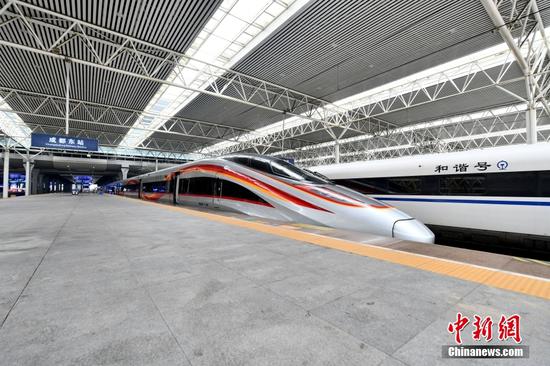





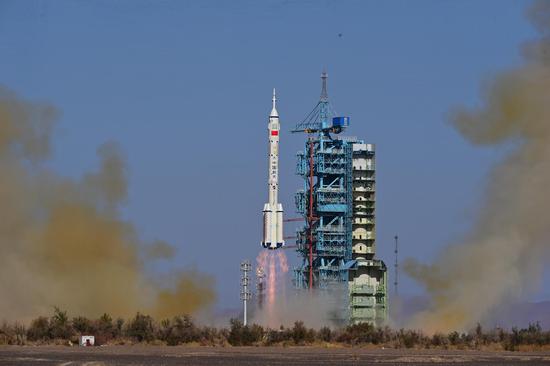
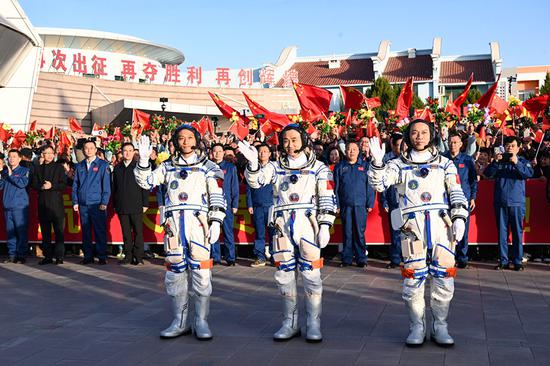
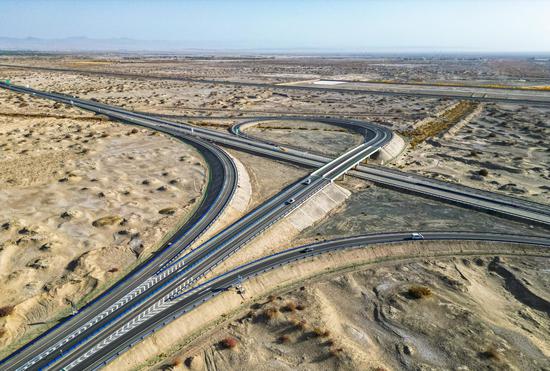



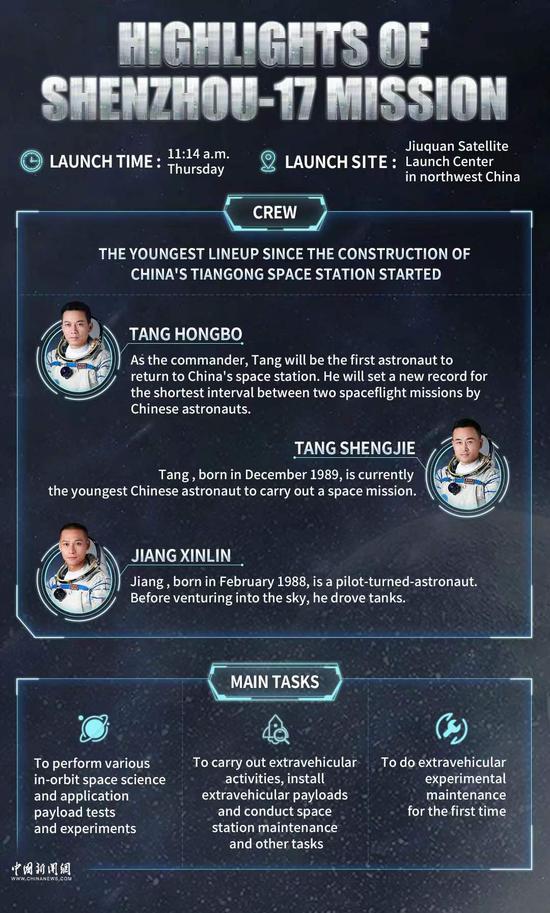
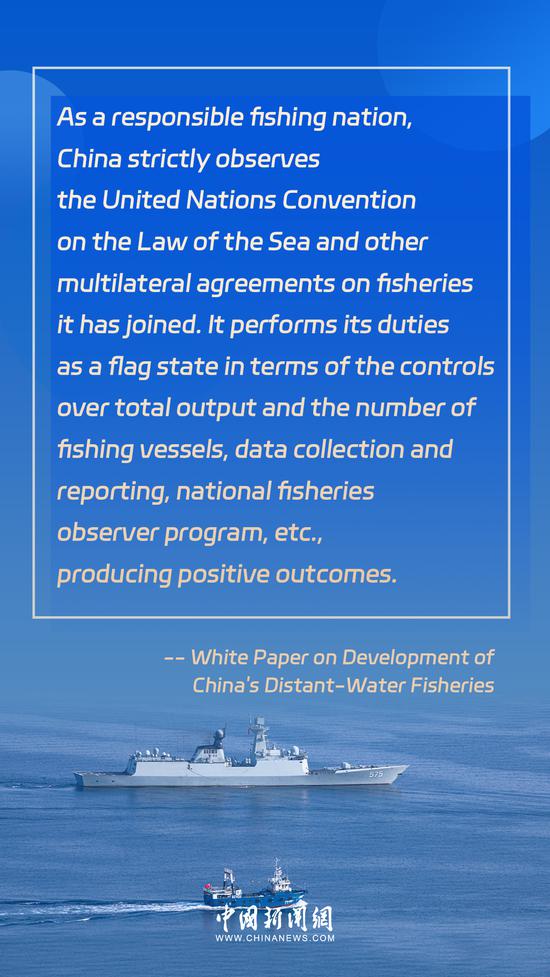
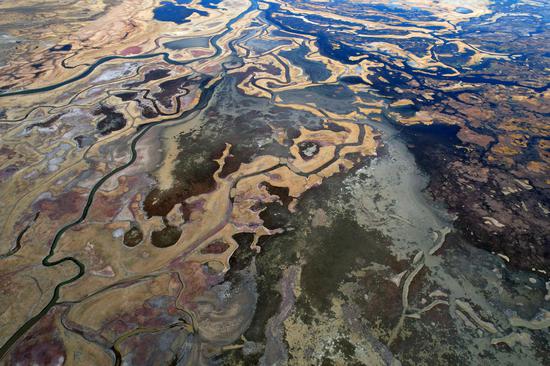


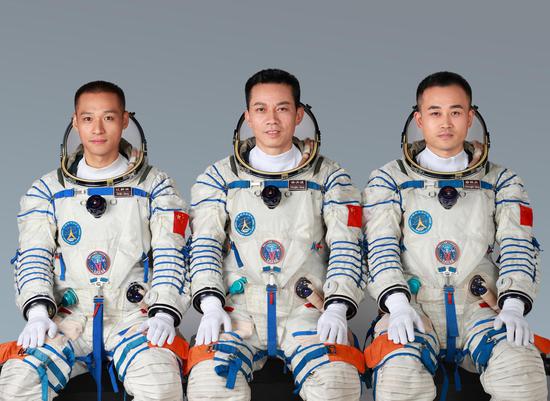
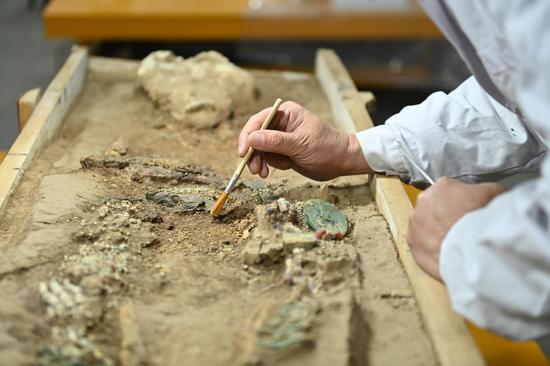
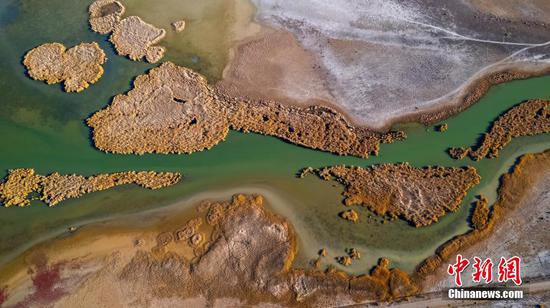
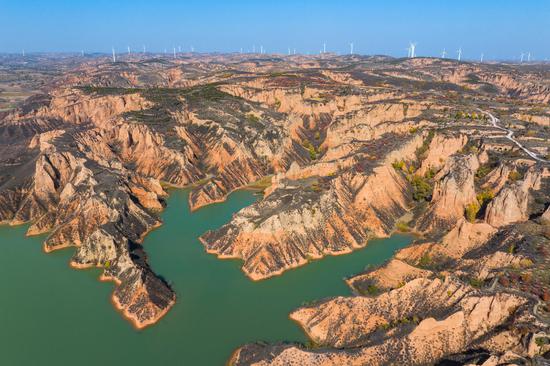

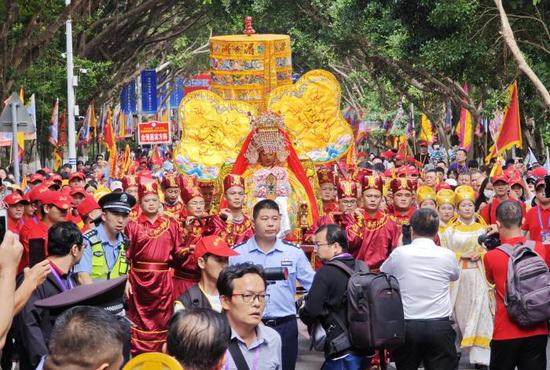
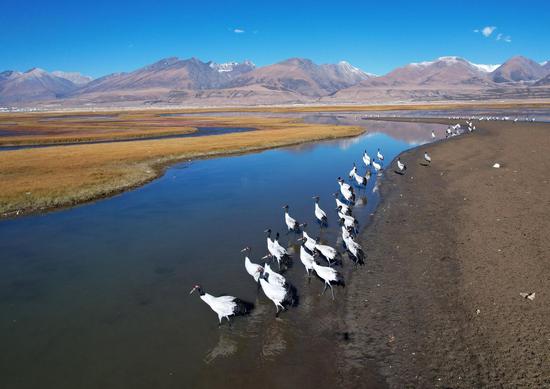
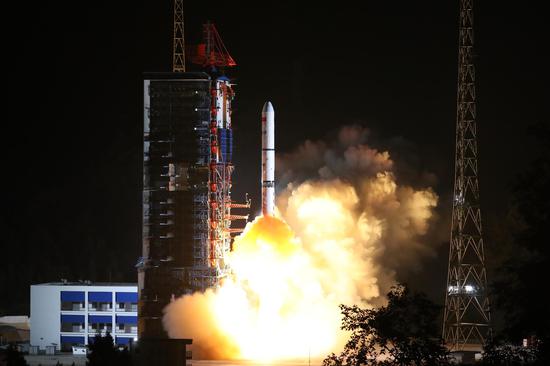

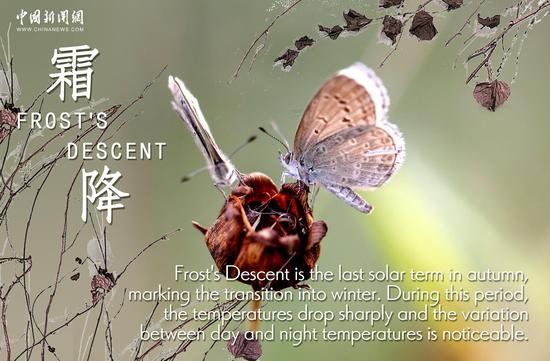
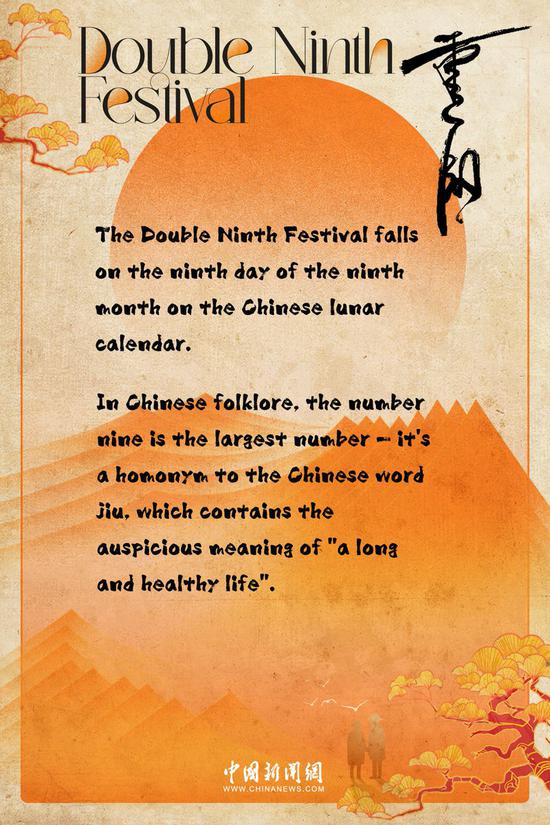

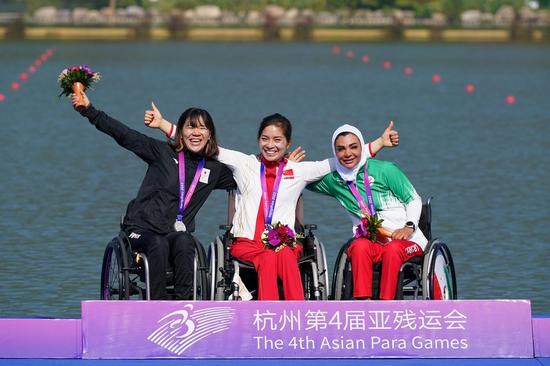

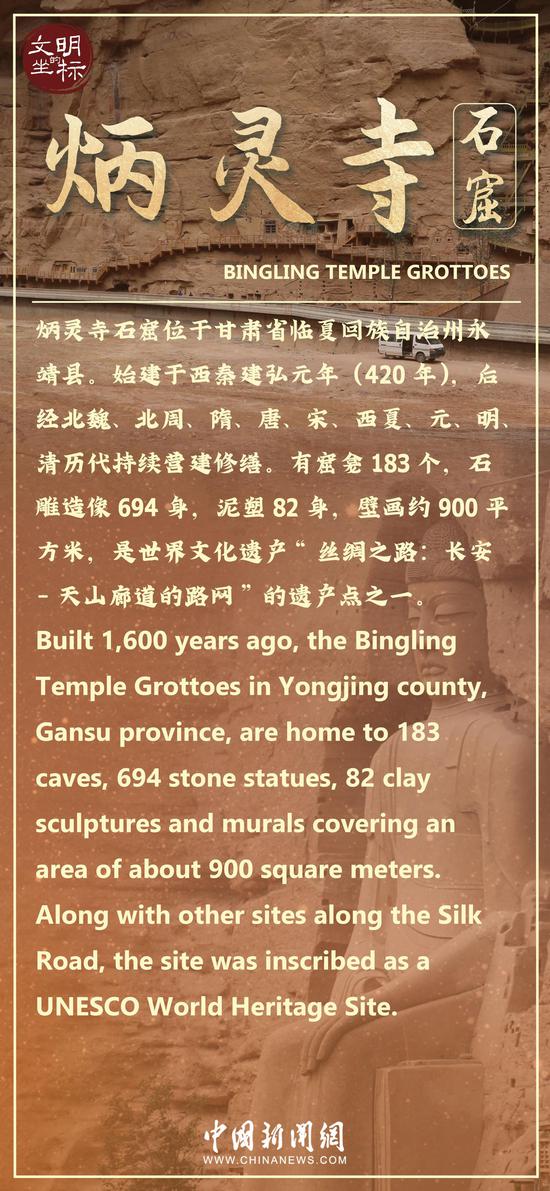
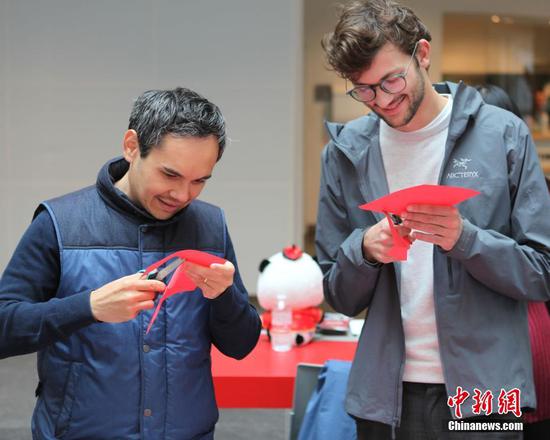
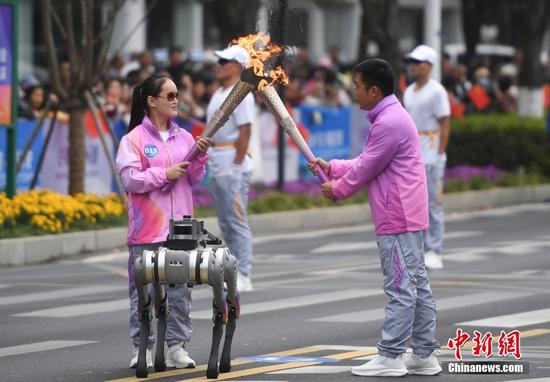







 京公网安备 11010202009201号
京公网安备 11010202009201号